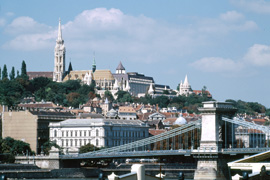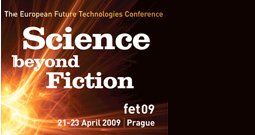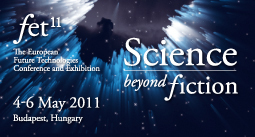The European Future Technologies Conference and Exhibition 2011 was the second instalment of a new forum dedicated to frontier research in information and communication technologies, a unique conference on visionary, high-risk and long-term research in information science and technology. Featuring an exceptionally broad range of scientific fields the event seeded new ideas across disciplines that will reshape the future.
Keynote Speakers
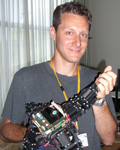
Josh Bongard
Robotics, bionics, bio-inspired processes, self-repairTitle: "How Evolution Shapes the Way Roboticists Think"
Roboticists, by necessity, are keen students of biology: we hope to create machines that are as agile, adaptive and intelligent as the organisms we see around us... Read more
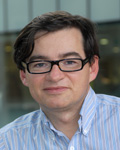
Jean Philippe Bouchaud
Finance, economy, socio-technical systemsTitle: "The endogenous dynamics of markets: price impact and feedback loops"
We review the evidence that the erratic dynamics of markets is to a large extent of endogenous origin, i.e. determined by the trading activity itself... Read more
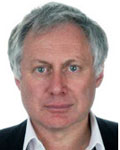
Rodney Douglas
Computational Neuroscience, Neuroinformatics, Neuromorphic SystemsTitle: "Constructive Cortical Computation"
During the past century ever more sophisticated methods have been developed for constructing and programming computing and manufacturing machines... Read more
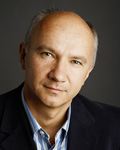
Artur Ekert
Quantum information technologyTitle: "Is the age of computation yet to begin?"
The theory of classical universal computation was laid down in 1936, was implemented within a decade, became commercial within another decade... Read more
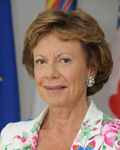
Neelie Kroes
Vice President of the European Commission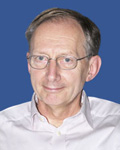
John Pendry
Optics and metamaterialsTitle: "The Science of Invisibility"
Refractive materials give limited control of light: we can fashion lenses, and construct waveguides but complete control is beyond simple refracting materials... Read more
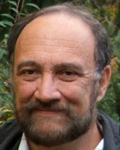
Gabor Proszeky
human language technologies, natural language processing, parallel applications, neuro-linguisticsTitle: "The (hopefully near) future of human language technologies"
Today’s language technology applications usually rely on either human-designed rules (used sequentially by computers) or large amount of sequential data... Read more
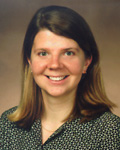
Claire Tomlin
Software technologies, computer technology, computational complexity, agent-based systemsTitle: "Mathematical models to help understand developmental biology and cancer"
As the understanding of cellular regulatory networks grows, system dynamics and behaviors resulting from feedback effects of such systems have proven to be sufficiently complex... Read more
fet11 featured:





